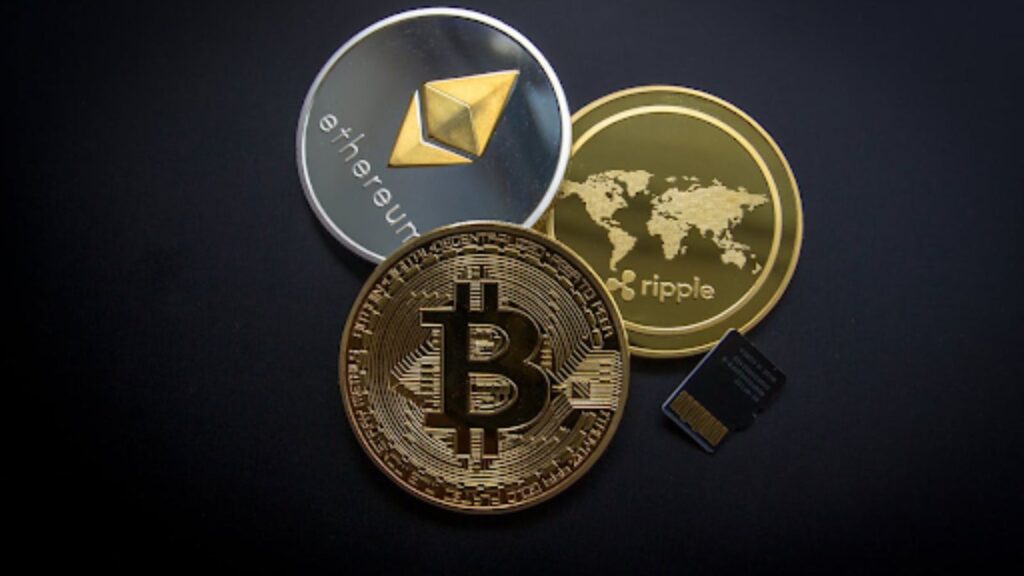Blockchain technology is rapidly changing the landscape of personal finance, offering innovative solutions that address many of the limitations of traditional financial systems. As we move into 2024, the integration of blockchain in personal finance is becoming increasingly relevant, providing enhanced security, transparency, and accessibility for users. This article explores how blockchain is revolutionising personal finance, highlighting its key features, applications, and implications for the future.
Overview of Personal Finance
Traditionally, managing personal finances has involved banks and financial institutions that serve as intermediaries. People rely on these institutions for savings accounts, online loans, investment services, and payment processing. However, this system has its limitations: high fees, slow transaction times, and a lack of transparency can hinder individuals from effectively managing their finances. Moreover, underserved communities often face barriers to accessing these services due to stringent requirements imposed by traditional banks.
Introduction to Blockchain
Blockchain is a decentralised digital ledger technology that records transactions across multiple computers in a way that ensures the security and transparency of data. Each transaction is grouped into a block and linked to previous blocks, forming a chain that cannot be altered retroactively. This characteristic makes blockchain inherently secure and trustworthy.
In the context of personal finance, blockchain technology offers a new way to conduct transactions without relying on traditional financial intermediaries. This shift not only enhances security but also promotes greater financial inclusion by making services accessible to a broader audience.
Impact on Financial Management
In 2024, blockchain is set to transform personal finance management by:

- Enhancing Accessibility: By removing intermediaries, blockchain allows individuals from all backgrounds to access financial services without prohibitive costs or requirements.
- Increasing Transparency: Users can verify transactions independently on the blockchain, fostering trust and accountability.
- Improving Security: Cryptographic techniques ensure that personal data and financial transactions are secure from fraud and manipulation.
Understanding Blockchain Technology
Blockchain is a distributed ledger technology that records transactions in a secure and transparent manner. Each participant in the network can view the entire transaction history, which helps prevent fraud.
Key Characteristics
- Decentralisation: Unlike traditional systems controlled by central authorities, blockchain operates on a peer-to-peer network.
- Immutability: Once recorded on the blockchain, transactions cannot be altered or deleted.
- Transparency: All transactions are visible to participants in the network, enhancing trust.
Types of Blockchains
- Public Blockchains: Open to anyone; examples include Bitcoin and Ethereum.
- Private Blockchains: Restricted access; typically used by businesses for internal processes.
- Consortium Blockchains: Controlled by a group of organisations; suitable for collaborative projects.
The Role of Blockchain in Personal Finance
Enhanced Security
Blockchain provides secure transactions through cryptographic techniques.
Personal data remains protected as users engage in financial activities without exposing sensitive information.
Improved Accessibility
Blockchain eliminates barriers to entry for financial services. Individuals can use cryptocurrencies and digital wallets to access funds easily, promoting financial inclusion for those previously underserved by traditional banks.
Transparency and Trust
The transparent nature of blockchain allows users to verify transactions independently. This capability reduces fraud risks and enhances accountability in financial dealings.
Key Applications of Blockchain in Personal Finance
Cryptocurrencies
Cryptocurrencies like Bitcoin and Ethereum are becoming increasingly accepted as forms of payment. Users can conduct everyday transactions with lower fees compared to traditional banking methods.
Decentralised Finance (DeFi)
DeFi represents a new paradigm in finance that leverages blockchain technology to provide services like lending, borrowing, and trading without intermediaries. By using smart contracts—self-executing agreements coded on the blockchain—DeFi platforms offer users greater control over their assets.
Smart Contracts
Smart contracts automate agreements between parties without needing intermediaries. For example, they can facilitate insurance claims or loan agreements by executing terms automatically when conditions are met.
Regulatory Landscape
The regulatory environment surrounding blockchain and cryptocurrency is evolving. Recent developments from the Australian Tax Office (ATO) have clarified tax obligations related to cryptocurrency transactions. Upcoming legislation aims to regulate digital assets more comprehensively while ensuring consumer protection.
Challenges and Considerations
Volatility of Cryptocurrencies
The price volatility of cryptocurrencies poses risks for investors. Fluctuations can lead to significant losses if not managed carefully.
Regulatory Uncertainty
As regulations continue to evolve, uncertainty may affect user confidence in adopting blockchain technologies.

Digital Literacy
To fully leverage blockchain’s potential, users must educate themselves about its functionalities and risks. Increased digital literacy will empower individuals to make informed financial decisions.
Future Trends in Blockchain and Personal Finance
Looking ahead, blockchain is expected to further influence personal finance through innovations such as Central Bank Digital Currencies (CBDCs).
These digital currencies could streamline payment processes while maintaining regulatory oversight.
Blockchain technology holds transformative potential for personal finance management. By enhancing security, transparency, and accessibility, it empowers individuals to take control of their financial futures. As developments continue in this space, staying informed about new opportunities will be crucial for leveraging the benefits of blockchain in personal finance.
This shift towards decentralisation not only opens up new avenues for managing money but also fosters an inclusive financial ecosystem where everyone can participate actively.
